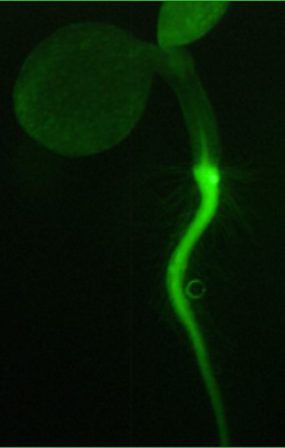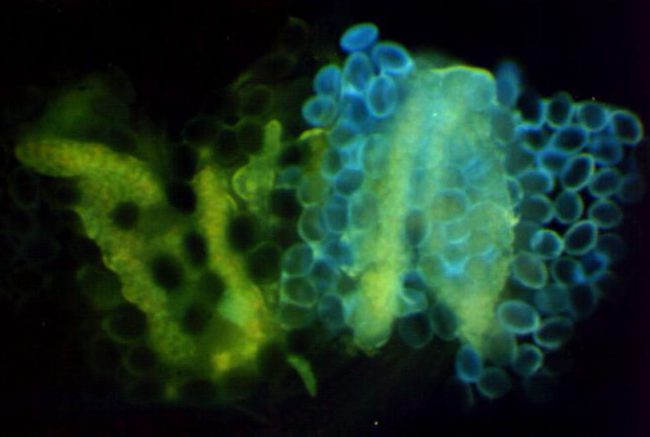Research in the Winkel Lab focuses on understanding the functional organization of metabolism, with the Arabidopsis flavonoid pathway as the experimental model. Over the past three decades, our work has revealed a surprising assembly of the core enzymes around chalcone synthase, the entry point into the pathway, and evidence that flux into terminal branches is controlled by competitive enzyme interactions. We were also the first to describe the presence of flavonoid enzymes in the nucleus, where a novel protein partner for chalcone synthase suggests it could participate in epigenetic control of gene expression.
Our group has a new collaborative project with the Kojima Lab at Virginia Tech exploring evidence that flavonoids influence the plant circadian clock. The initial findings were published in The Plant Journal in 2022, with our most recent results described in a new manuscript that just appeared in Life Science Alliance.
The Winkel Lab also maintained a 22 year-long partnership with the Brewer group in Virginia Tech’s Department of Chemistry on developing novel multimetallic anti-cancer agents. This work was recognized with a Breakthrough Award from Popular Mechanics in 2010. Karen Brewer was lost to us in 2014, but her legacy is carried forward by her many students, colleagues, and friends, including in a manuscript we published in 2022.
 Supported by the National Science Foundation for 31 years
Supported by the National Science Foundation for 31 years


